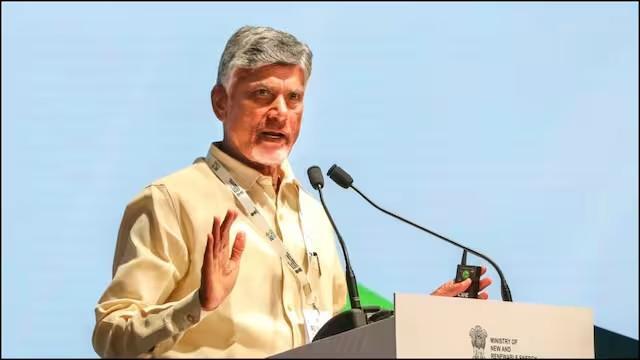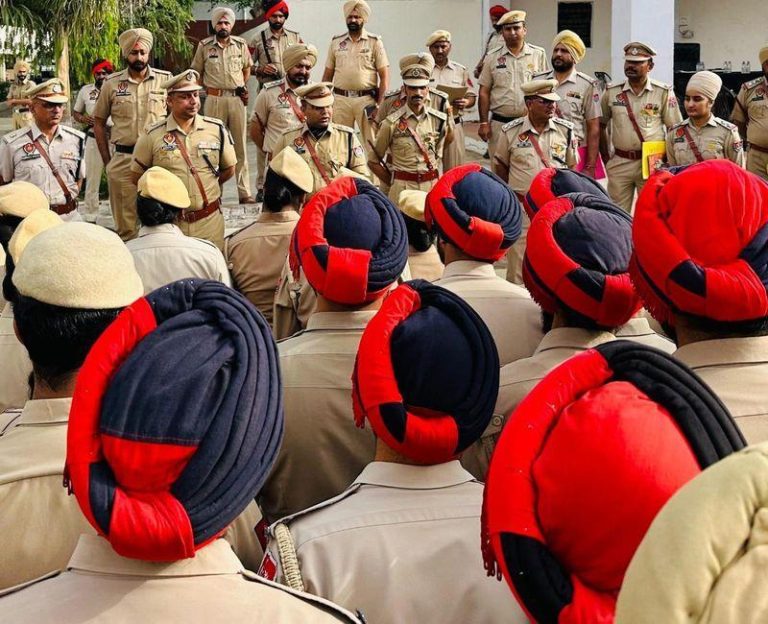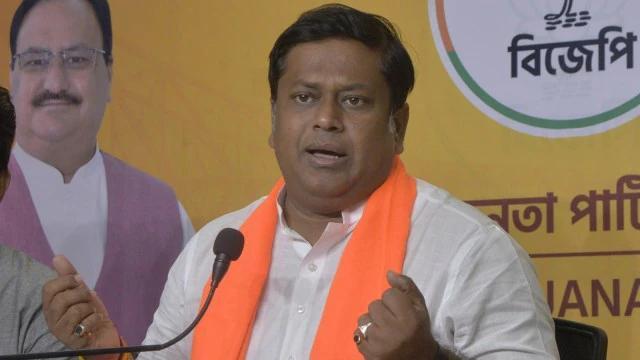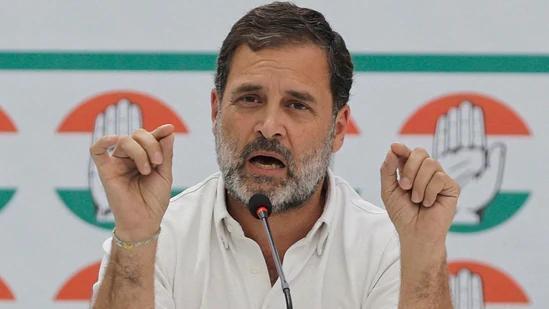
Hindi Useful for Communication in Delhi: Naidu Amid 3-Language Row
The ongoing debate over the three-language policy has taken a new turn with Andhra Pradesh Chief Minister Chandrababu Naidu extending his support for the learning of Hindi. Naidu’s statement has sparked a fresh wave of discussion, with some arguing that it is essential for effective communication in Delhi, while others continue to oppose the policy.
In a recent interview, Naidu emphasized the importance of learning Hindi, stating that “one should give importance to the mother tongue, but at the same time, one needs to learn Hindi as it is useful for communication in Delhi.” His comments come amid the ongoing row between the Centre and the Tamil Nadu government over the three-language policy, which has been a topic of heated debate in recent weeks.
The three-language policy, which was introduced by the Centre, aims to promote Hindi, along with the mother tongue and English, in schools across the country. However, the move has been met with widespread opposition from several southern states, including Tamil Nadu, Karnataka, and Kerala, which have expressed concerns over the potential dominance of Hindi over their regional languages.
Naidu’s statement has been seen as a significant development in the ongoing debate, as he is one of the few regional leaders who have publicly supported the three-language policy. His comments have also sparked a fresh wave of discussion over the importance of Hindi in modern India.
Proponents of the three-language policy argue that it is essential for promoting linguistic diversity and cultural exchange in the country. They argue that by learning Hindi, students will have better access to job opportunities and cultural experiences, both within India and internationally. Additionally, they argue that Hindi is an official language of the country, and as such, it is essential for effective communication and governance.
On the other hand, opponents of the policy argue that it is an attempt to impose Hindi on regional languages and cultures. They argue that the policy is a threat to the linguistic diversity of the country and that it will lead to the marginalization of regional languages.
Despite the ongoing debate, it is clear that Hindi has become an essential language for effective communication in Delhi and other parts of the country. With millions of people migrating to cities like Delhi every year, there is a growing need for a common language that can be used for communication across different regions.
In recent years, Hindi has become an increasingly important language in Delhi, with many government offices, educational institutions, and businesses using it as a primary mode of communication. Additionally, the rise of Bollywood and Indian television has further increased the popularity of Hindi in the city.
Naidu’s statement has also sparked a fresh wave of discussion over the importance of language in modern India. While some argue that it is essential to preserve regional languages and cultures, others argue that it is equally important to learn Hindi and other national languages.
In conclusion, Naidu’s statement has added a new dimension to the ongoing debate over the three-language policy. While some may see his comments as an attempt to impose Hindi on regional languages, others may see it as a practical solution for effective communication in Delhi and other parts of the country.
Ultimately, the debate over the three-language policy is a complex issue that requires careful consideration and debate. However, one thing is clear – Hindi has become an essential language for effective communication in Delhi and other parts of the country, and it is essential that we find a solution that promotes linguistic diversity and cultural exchange.






